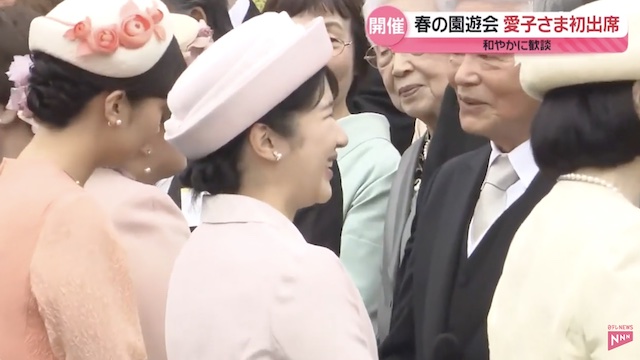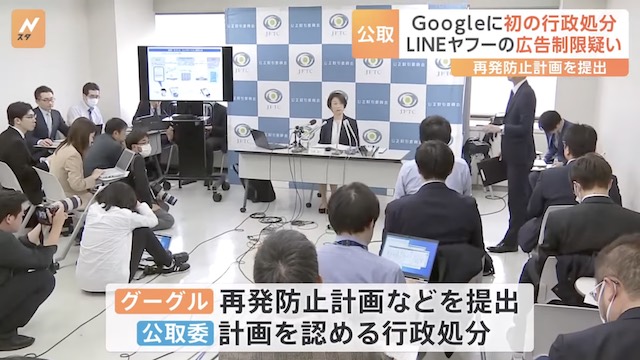Jul 11 (newsonjapan.com) - The Olympic Games in Tokyo was set to be one of the greatest of all time.
A celebration of global sport and Japanese culture, hundreds of billions of Japanese yen had been invested into the event; thousands of Olympians were on their way to reaching peak condition, and millions of Japanese citizens were looking on excitedly.
However, like with most public events worldwide, the COVID-19 crisis has plunged the Games into chaos. Following an initial postponement of one year, the International Olympics Committee (IOC)’s chief Thomas Bach announced recently that the summer of 2021 would be the final chance for the Tokyo Games, calling the job of reorganising them a ‘mammoth task’ which would be impossible to repeat.
With all of this in mind, what lies in store for the event? Can it still go ahead and be a success? Here’s a look at the important information.
A historic occasion
Hosting the Olympics is a great achievement for any city, and Tokyo would become the first Asian city in history to host it twice, following their successful Games in 1964.
The benefits to the host city are obvious. With floods of spectators arriving to view the games, the local economy receives a huge boost with hotels, restaurants and bars all packed to the rafters. Barcelona in 1992 is one of the most well-known examples of this, transforming an old-fashioned Catalan resort into one of the most vibrant cities in the world. Although Tokyo is already considered a ‘megacity’, the investment in public sports venues and local infrastructure would only strengthen its status.
Staging the Olympics is not only a huge boost for the host economy, the social benefits are enormous, too. It serves as an inspiration for the next generation of Japanese youngsters to take up a sport; something important in today’s internet-obsessed society where teenagers are more likely to play eSports, or even potentially hazardous online casino games, than play sport in a park.
Should the games be cancelled once again in 2021 then these benefits would disappear along with them, for only the fourth time since its revival in 1896 — so how can it be avoided?
A vaccine dream
While the IOC haven’t confirmed whether a vaccine would be necessary to start the Games in 2021, the likelihood is that one would have to be in place to safeguard athletes’ health.
Japanese Medical Association president Yoshitake Yokokura has stated that “it would be very difficult to hold the Olympics unless effective vaccines are developed’’.
His fear comes from the logistics involved changing the living arrangements of over 15,000 Olympians in the Athlete’s Village without a vaccine. Add the huge number of team staff, coaches and technical officials to the mix, as well as the logistical nightmare of hundreds of thousands of spectators flooding in from all over the glove, and things start to look impossible.
In light of the above, an effective vaccine starts to look essential. While hopes are high that one can be developed by the end of 2020, there still remains a big doubt that one can be found in time. While that doubt remains, the fate of the Olympic Games hangs in the balance.
Behind closed doors
One possibility could be to hold the Games behind closed doors. Thomas Bach refused to rule it out saying that it wasn’t “what the IOC wantsâ€, but that they needed time to think whether it was an option or not.
There are certain advantages to this. It’s a chance to actually play the Games, meaning years of professional training and funding wouldn’t go to waste. The financial blow to the event, as well as Tokyo’s economy, also wouldn’t be as damaging; and billions of people around the world could still watch the event on TV or the internet.
Japan’s professional baseball league was one of the first events to announce its return to action, and if this is a success then it adds weight to the claim that a closed event might work.
But we have to measure the positives against the negatives; of which there are many. The prospect of athletes performing in empty, silent stadiums is disturbing for many people. Not only would the Games’ unique atmosphere be ruined but TV broadcasters may lose interest in screening the events.
It also doesn’t remove the possibility of the virus spreading between players and officials, which could see the event cancelled halfway through or even after just a few days.
Global control
There are some optimistic voices saying that the virus can be contained in time for the Games, even without a vaccine.
In late May, the Japanese government lifted lockdown measures, along with several European countries, across the country declaring COVID-19 to be “under controlâ€. The World Health Organisation called the Japanese response “a successâ€.
With increased awareness about the virus, and careful security measures on standby, there is hope that a ‘second wave’ of infections can be controlled should it arise, and further outbreaks afterwards as well. If this is the case, then by next summer there is a small possibility an Olympics with spectators could take place.
However, even if the virus were to be ‘under control’ globally — a mammoth task in itself — there would still be the fear of just a small number of infections plunging everything into chaos and the event being cancelled halfway through.
For this reason, most people consider the possibility of an open Olympics going ahead without a vaccine as being very small indeed.
So to summarise, it appears the answer to the question is yes, the Games can go ahead, but this is dependent on an effective vaccine being in place. If athletes and spectators can be protected then the most important obstacle will be overcome — anything less than this raises the possibility of Olympic Games being cancelled for good.










